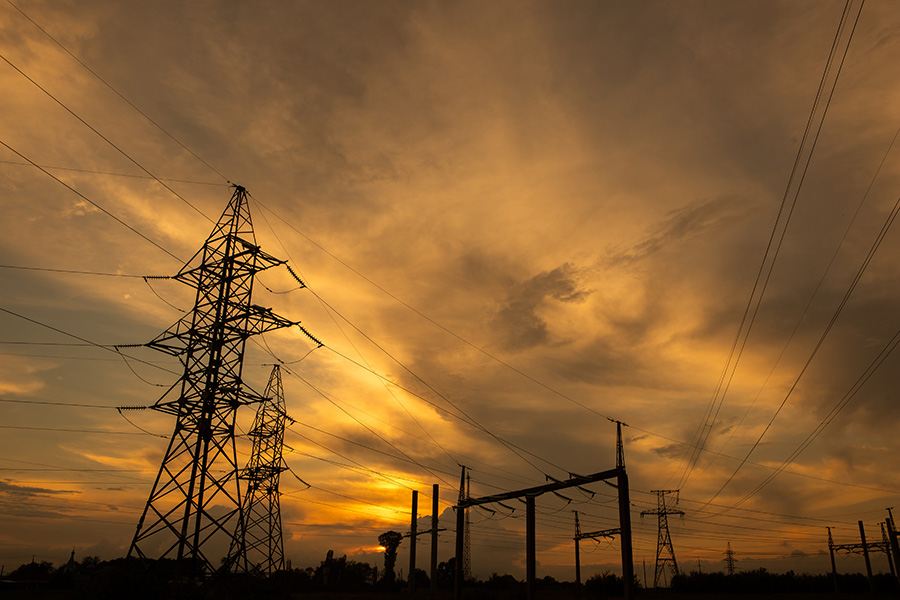Power outages happen throughout the year, but the risks are particularly high during the summer months. As temperatures rise and more people turn on their air conditioning systems to cool off, energy demands build up on the grid, which can cause it to go down.
Fortunately, there are a few simple tips you can use to reduce your home’s energy usage and ease the strain on the grid.
Figure Out Your Thermostat
As stated above, AC usage is one of the biggest drains on the grid during warm summer months. A lot of homeowners use their AC inefficiently, as they don’t know the best way to program their thermostats.
So, the first step to reduce energy usage is to read your thermostat’s manual and learn how best to set it. Ideally, you should time the AC to be most effective before 4 p.m., and then raise the thermostat after that, as the home should naturally cool on its own in the evenings.
Additionally, avoid setting your thermostat below 68 degrees Fahrenheit, as this will cause the system to work extra hard and use up excessive energy.
Use Heat-Generating Appliances in the Evenings
Ovens. Laundry machines. Driers. They all emit heat while being used, which can make the home warmer and force your AC to work harder. To avoid this, try to use these appliances sparingly (if at all) during the daytime. Opt to turn them on in the evening instead.
Minimize Your Use of Lights
Try to use electrical lights as little as possible. Keep them switched off when they’re not needed, and opt for other light sources, like candles, to brighten up a space in the evenings. Having too many lights turned on can drastically increase your home’s strain on the grid.
Replace Your Electrical Panel
A lot of homes have outdated and worn-out electrical panels that just aren’t efficient enough to meet modern standards. Switching to a new one could hugely help your home use energy more efficiently, while also cutting your property’s risk of fires and blown fuses.
Key Takeaways:
- Don’t set your AC below 68F and use “fan only” mode when possible.
- Remember that electric lighting, laundry machines, and washing machines all contribute heat.
- Also consider upgrading an old electrical panel and installing a generator to protect against outages.
“We know plenty about electrical use in summer.”


Recent Comments